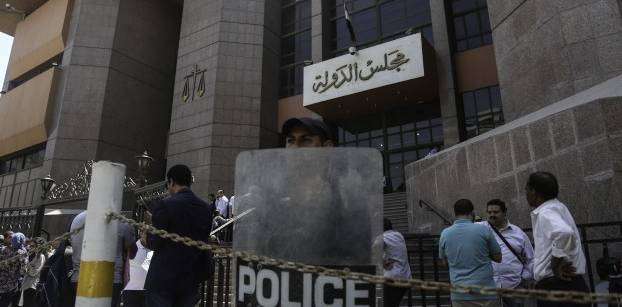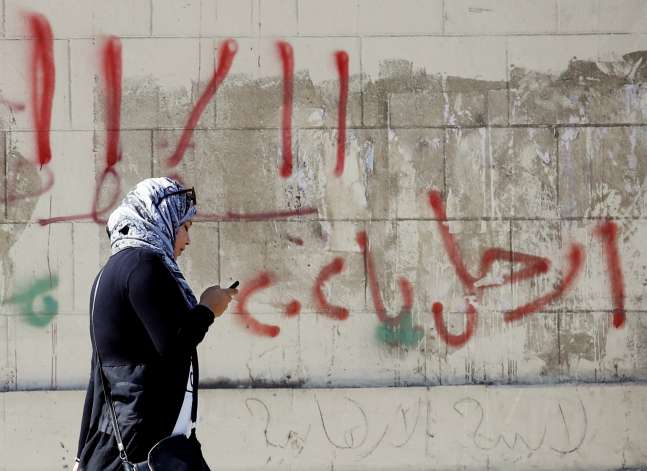Latest NEWS
- Aswat Masriya, the last word
- Roundup of Egypt's press headlines on March 15, 2017
- Roundup of Egypt's press headlines on March 14, 2017
- Former Egyptian President Hosni Mubarak to be released: lawyer
- Roundup of Egypt's press headlines on March 13, 2017
- Egypt's capital set to grow by half a million in 2017
- Egypt's wheat reserves to double with start of harvest -supply min
- Roundup of Egypt's press headlines on March 12, 2017
Egyptian rights groups legally challenge interior ministry decree on travel bans
CAIRO, Dec 6 (Aswat Masriya) - Two Egyptian NGOs announced on Tuesday that they filed a lawsuit with the Administrative Court challenging the interior ministry decree and its subsequent amendments regulating travel bans.
The Cairo Institute for Human Rights Studies (CIHRS) and the Association for Freedom of Thought and Expression (AFTE) filed the lawsuit on Saturday amid a marked increase in “arbitrary” travel bans used against activists, academics, intellectuals, media and political opposition figures over the past two years.
The organisations issued a joint report late November, addressing the increasing use of the travel ban, which they described as an “unconstitutional form of political retaliation and psychological harassment.” The report documented 80 travel bans issued from June 2014 to September 2016.
Authorities banned five more individuals from travel in November alone including rights lawyers Malek Adly and Ahmed Ragheb, women’s rights defenders Azza Suleiman and Aida Seif al-Dawla, and media presenter Amr al-Leithi, according to Tuesday’s statement.
CIHRS and AFTE maintain that that the decree effectively turns “Egypt into a massive open-air prison”, urging citizens and civil society institutions to adopt a petition and file similar lawsuits against the interior ministry decree in an attempt to repeal the decree.
The decree does not “rise to the level of law”, the organisations stated, and challenged it on three grounds; its contravention of the constitution and international treaties, its infringement upon the principles of the rule of law and the separation of powers and the unconstitutionality of certain articles of the passports law upon which the decree is based.
In their November report, the organisations said that the presence of executive decrees is due to the absence of a law to regulate travel bans, and urged the adoption of laws and statutes that safeguard the freedom of movement.
Article 62 of the constitution stipulates that travel bans should be issued by a judicial body and should be of defined duration and cause. Article 54 requires all persons whose freedom is restricted to be immediately notified of the reasons for the restriction.















